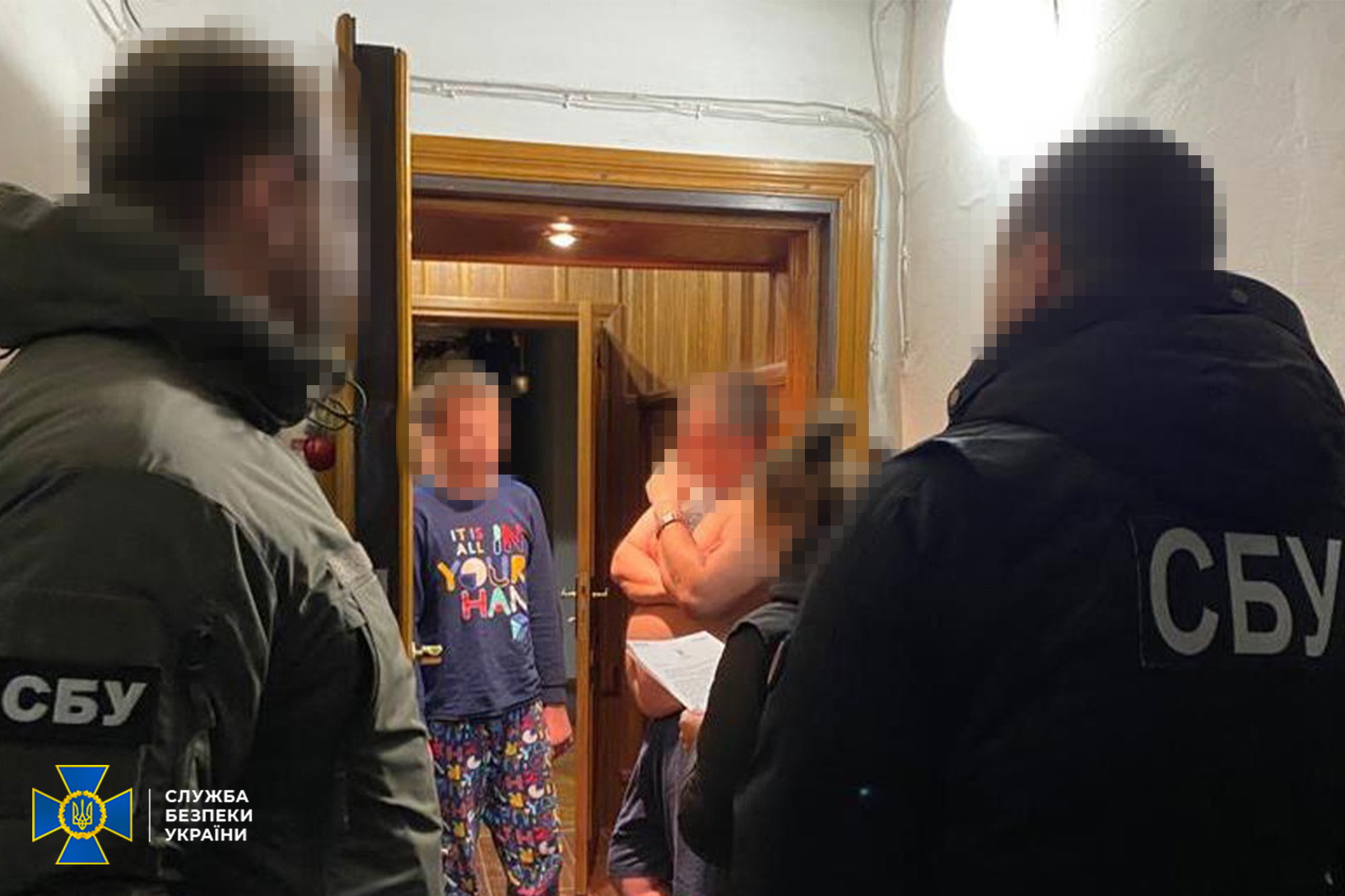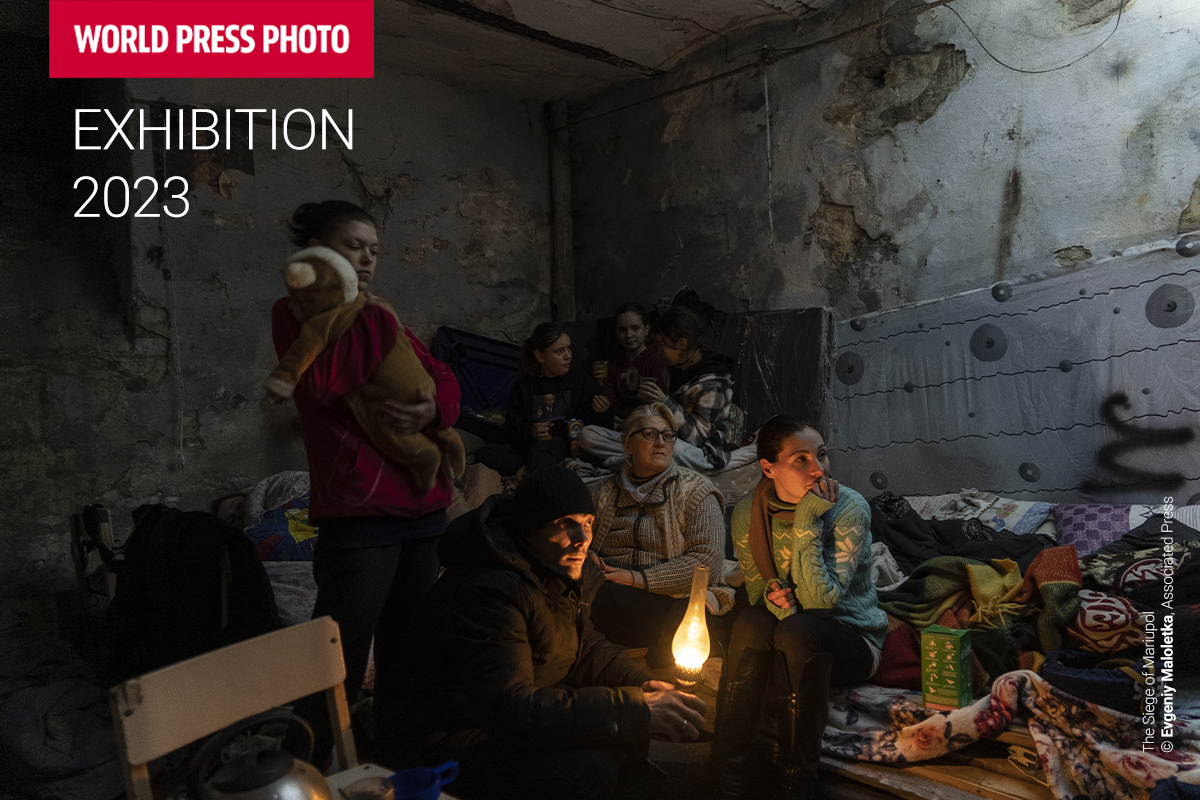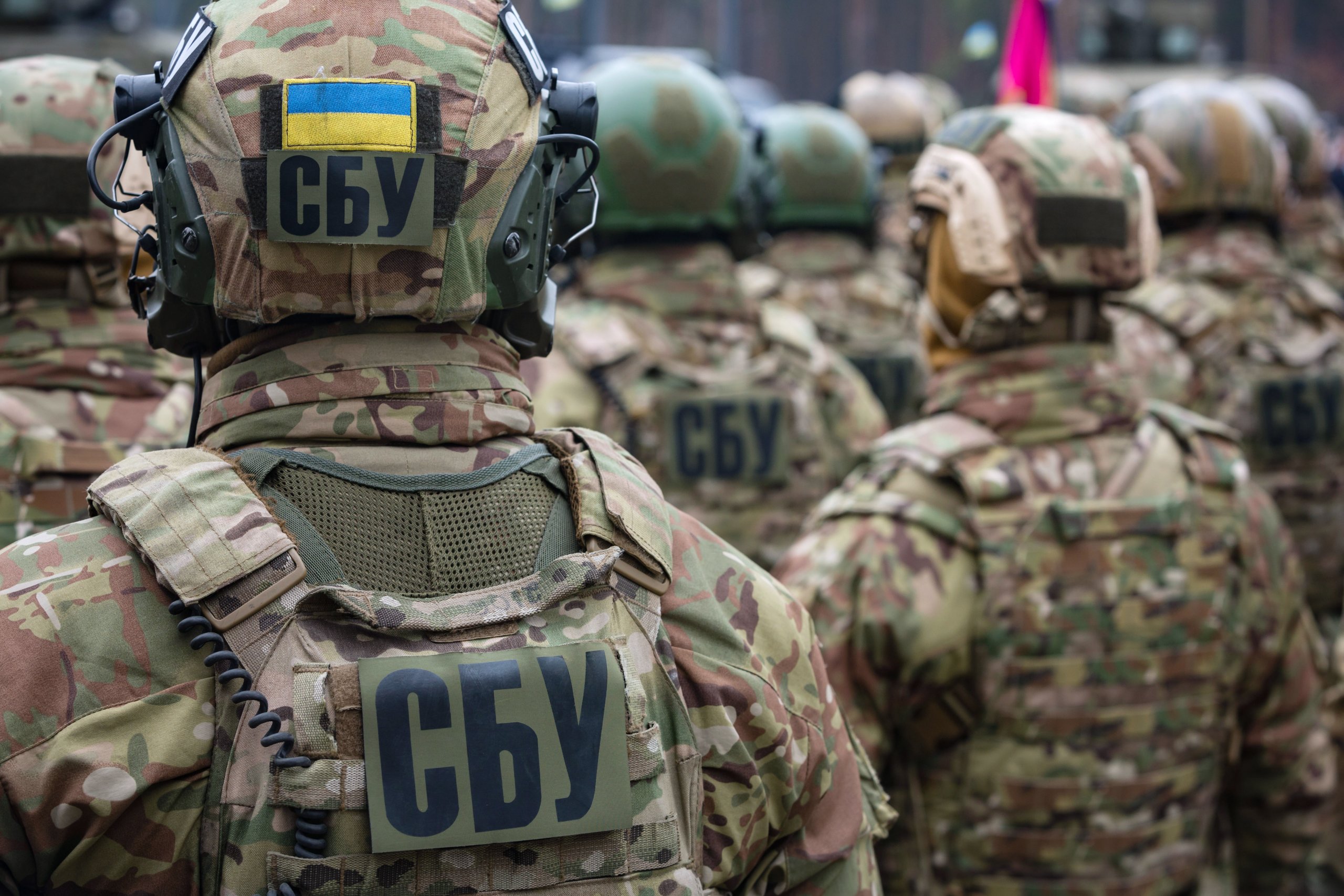The Security Service of Ukraine exposed new attempts by Russian special services to destabilize the internal situation in Ukraine and discredit our country on the international stage.
By recruiting Ukrainian minors, Russian special services attempted to incite anti-Semitic sentiments in the Zhytomyr region, as well as in Dnipro, Lviv, and Vinnytsia. As a result of comprehensive SSU actions, the network of provocateurs, which the aggressor used "in the shadows," was neutralized.
The group included 13-17-year-old students from local schools. To remotely recruit them, Russian special services created a youth right-wing radical Telegram channel. On this internet resource, its Russian administrators, using psychological manipulations, called on Ukrainian teenagers to commit acts of anti-Semitism in their localities.
According to the intentions of the Russian special services, hostile provocations were to take the form of offensive inscriptions on memorial sites and conducting sabotage using improvised explosive devices. Moreover, representatives of the aggressor country encouraged community members to publish photos and "video reports" of these provocations.
The media files obtained in this way were then disseminated by Russian special services to foreign media as fake publications aimed at discrediting Ukraine.

For example, in the Zhytomyr region:
A 15-year-old schoolboy from the town of Radomyshl was exposed. He was subjected to prolonged psychological manipulation by representatives of the aggressor country over the internet.
The occupiers demanded that the young man deface a memorial plaque in the region with anti-Semitic inscriptions.
Later, similar provocative images were discovered on the walls of several private houses.
In Dnipro, Lviv, and Vinnytsia:
Local participants of the Telegram channel under Russian control were also exposed. They turned out to be four school students from local educational institutions.
It was documented how representatives of Russian special services urged them to commit acts of vandalism at Holocaust memorial sites.
During searches at the teenagers' residences, computers and mobile phones with photographs and reports of provocations in favor of Russia were discovered, as well as components for making improvised explosive devices.





















